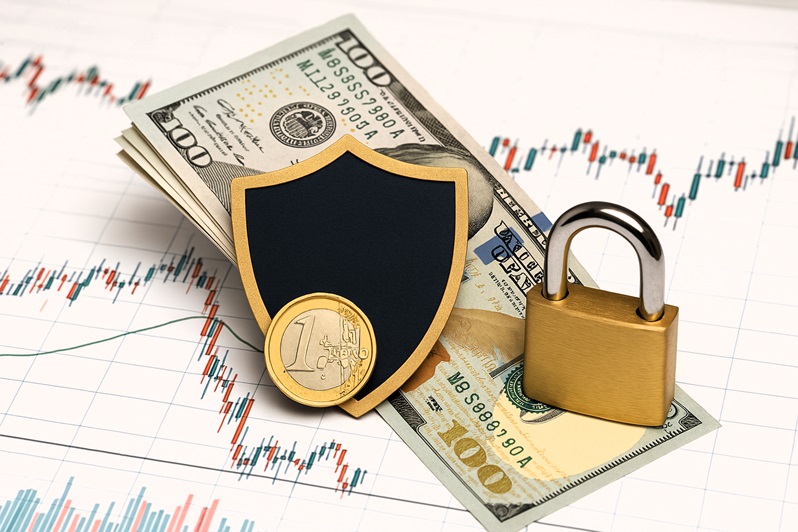
In the fast-paced and highly leveraged world of Forex trading, managing risk isn’t just important—it’s essential for survival. While profits can be attractive, the volatility of currency markets means that losses can accumulate just as quickly. The most successful traders aren’t necessarily the ones with the highest win rate, but those who manage their capital with discipline. This article explores practical strategies and psychological frameworks to help traders protect their accounts and build sustainable success in the Forex market.
Understanding the Importance of Risk Management
Risk management is the foundation of every professional trading strategy. It involves controlling how much of your capital is at stake in any given trade and ensuring that a single loss doesn’t wipe out your account. Without a structured approach to risk, even the most well-researched trades can become costly errors.
Many new traders focus solely on finding the perfect entry point, but neglect how much they’re willing to lose if the trade goes wrong. Setting appropriate stop-loss levels and determining trade size based on account equity are vital components of risk control. By limiting losses, traders preserve their ability to stay in the market and continue improving over time.
Key Principles of Effective Forex Risk Management
One of the most important rules is never to risk more than a small percentage of your capital on a single trade—often 1% to 2% is the industry standard. This approach ensures that even a string of losing trades doesn’t significantly harm your balance.
Position sizing plays a critical role. It’s not just about lot size, but how it correlates with stop-loss distance and overall risk per trade. For example, a wider stop requires a smaller position, while a tighter stop can allow for slightly larger exposure—assuming the setup meets your strategy’s conditions.
Leverage, a key feature of Forex trading, should be used cautiously. While it can amplify returns, it also magnifies losses. Choosing lower leverage and maintaining a high margin level can create a buffer against market fluctuations and help avoid margin calls or forced liquidations.
Emotional Control and Long-Term Protection
Emotions often lead traders to abandon their risk rules, especially after a loss or during a winning streak. Overconfidence, revenge trading, and impulsive decisions can derail even the best strategies. That’s why psychological discipline is just as important as technical skill.
Using a trading journal to review past trades can help maintain objectivity. It allows you to analyze patterns of behavior and recognize when emotional triggers are influencing decisions. Building a habit of reflection and accountability leads to better judgment over time and helps maintain consistency.
Another form of protection is diversification. Relying solely on a single currency pair or strategy increases exposure to specific risks. By spreading trades across different instruments or timeframes, you reduce vulnerability to unexpected events or market shocks.
Conclusion
Forex trading offers great opportunities, but without solid risk management, those opportunities can quickly turn into setbacks. By applying structured position sizing, controlling leverage, and maintaining emotional discipline, traders create the conditions necessary for consistent growth and capital preservation. Protecting your capital isn’t just a defensive tactic—it’s the path to long-term profitability.
FAQs
What is the best risk percentage per trade in Forex?
Most professional traders risk 1% to 2% of their account balance per trade to protect against large drawdowns.
Why is leverage risky in Forex trading?
Leverage amplifies both gains and losses. High leverage can quickly wipe out an account if not managed properly.
How do I determine the right position size?
Use your stop-loss distance and risk percentage to calculate how many lots you can trade without exceeding your risk limit.
Can I avoid losses entirely with good risk management?
No strategy can eliminate losses, but risk management ensures they remain manageable and don’t threaten your capital.
Is it better to trade one pair or diversify?
Diversification can reduce overall risk, especially when trading multiple uncorrelated pairs or strategies.
